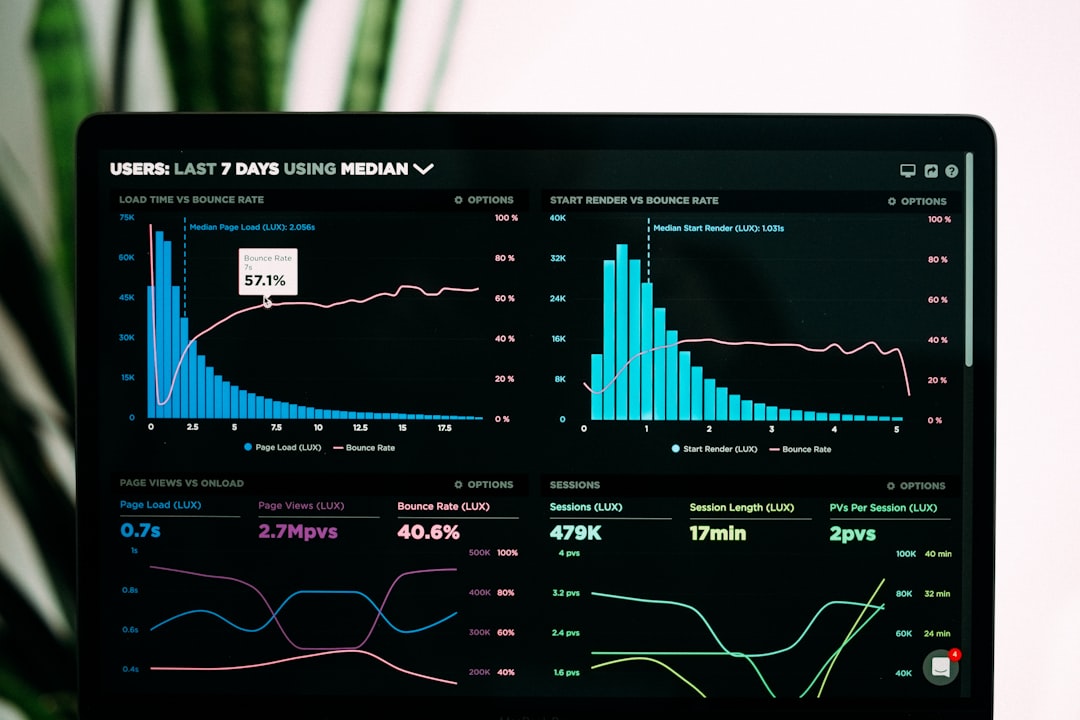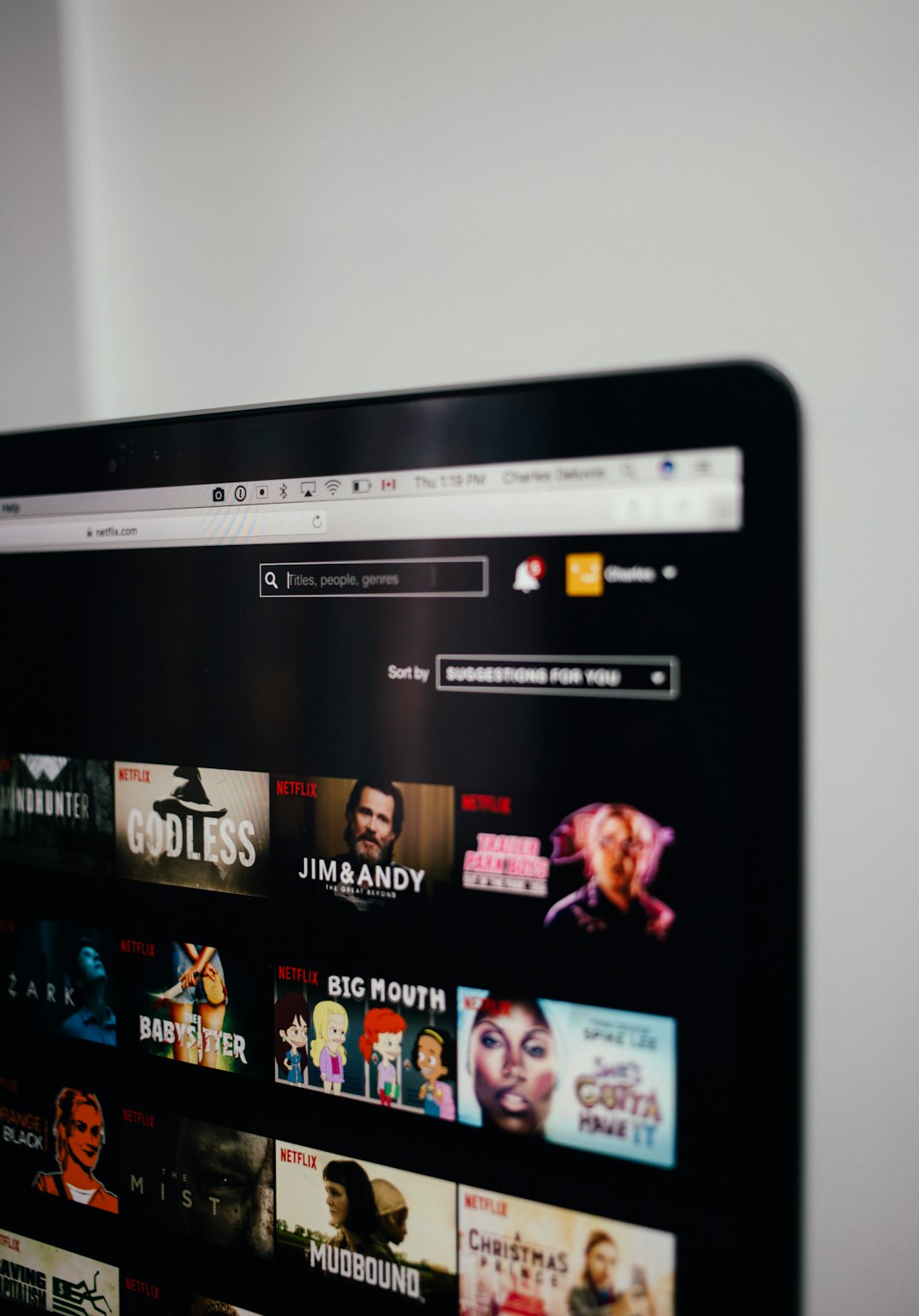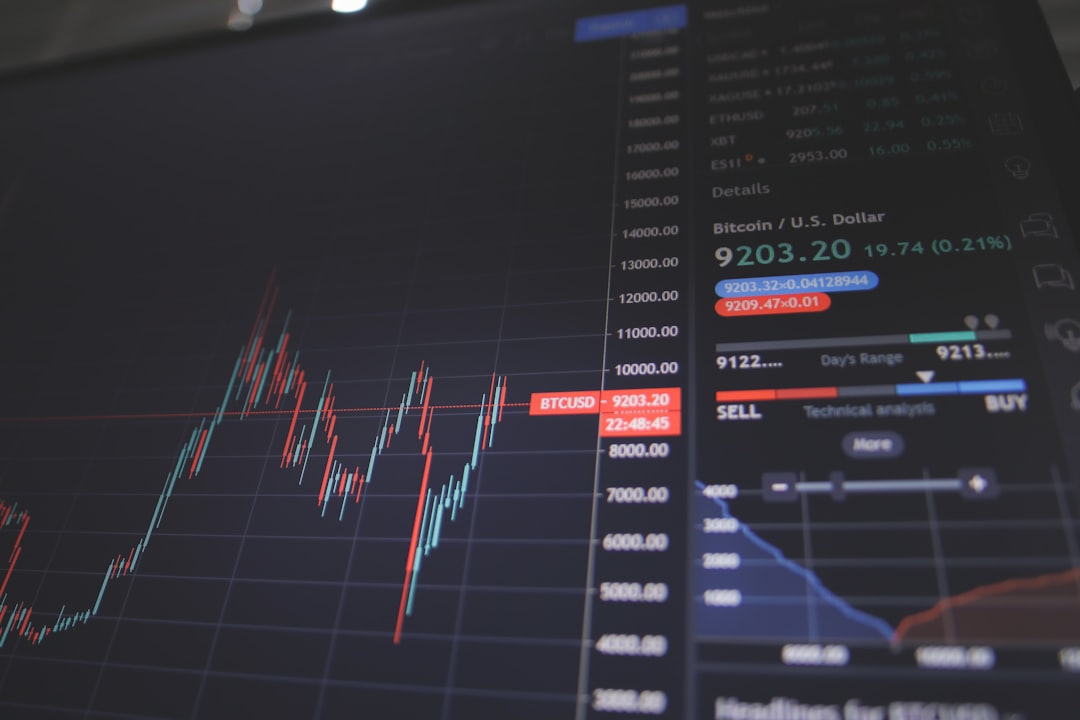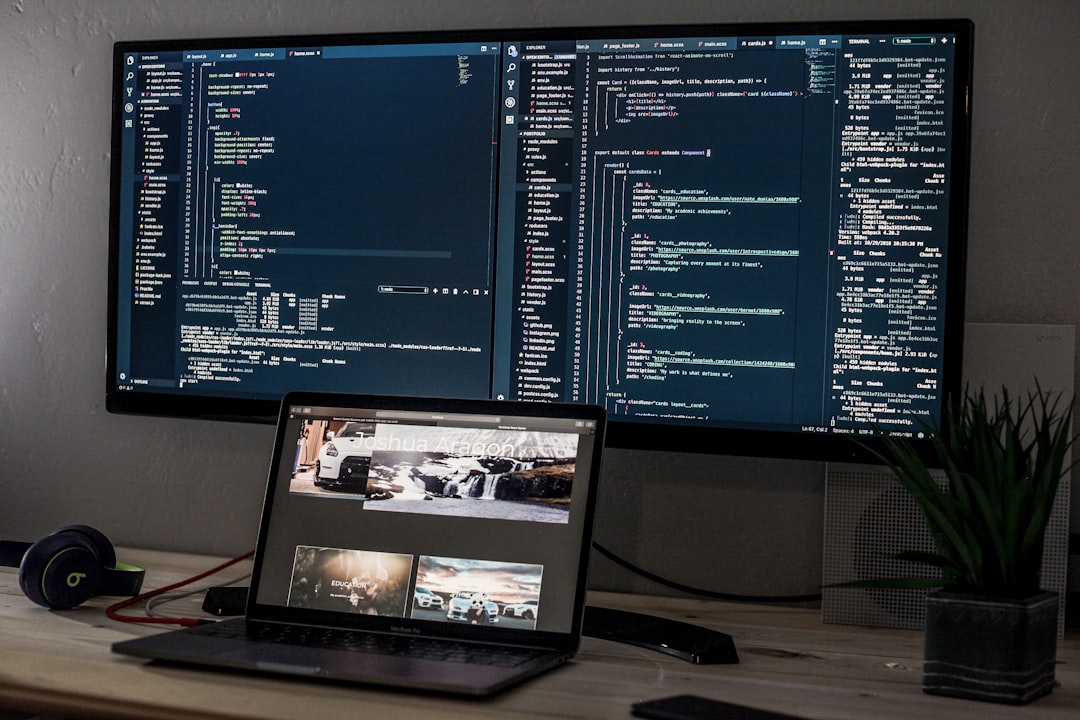It's no secret that being a data scientist is one of the most lucrative and in-demand jobs in the modern economy.
Thus far, the 21st Century has been synonymous with the meteoric rise of big data. In fact, 2.5 quintillion bytes, or 2.5 million terabytes, of data are collected every single day.
That's an insane amount of data. But ultimately, nobody can make sense of that data without the help of data scientists.
But what does the job actually entail?
What does a data scientist do on a day-to-day basis?
Common Data Scientist Responsibilities

Because data science is a complex discipline, each job posting has the potential to be quite different from the last. And with so many roles in the data science career path, it can be tough to know how to proceed.
However, the general duties for all data scientists are the following:
Data Analysis

Unsurprisingly, analyzing data sets is at the top of the list.
As Peter Thiel, founder of the data analytics company Palantir Technologies, once said, "'big data' really means 'dumb data.'"
That is, until it's analyzed, organized, and presented by a data scientist.
For example, a company like Amazon collects an enormous amount of customer data. Whether that be location data, sales data, or the like, Amazon would have their data scientists collect, organize, clean, and analyze all this customer data to better understand a customer's buying habits and purchasing preferences.
The skills necessary would primarily fall under high-level statistics and mathematics.
Machine Learning & Statistical Modeling

A big part of being a data scientist is building and using machine learning models to better understand complex or multidimensional data sets.
Data scientists are, therefore, responsible for building sophisticated models utilizing supervised, unsupervised, reinforcement, and other kinds of machine/deep learning.
As such, machine learning and other types of statistical modeling are a powerful tool in the data science arsenal and are used extensively by every data scientist.
Now, imagine our previously mentioned Amazon data scientist who's collected and analyzed a data set regarding customer purchases. Their next step would be to use this customer data set to build a statistical model, whether it be with machine learning or something similar.
Equipped with such a model, Amazon's data scientist could start making high-level, complex predictions about customer purchases. This could mean financial forecasts, or even what customers' preferences are/what specific products they will purchase in the future.
The skills necessary would be a combination of statistics, programming, along with a deep understanding of machine learning and artificial intelligence.
Data Presentation

Data scientists often work with multiple stakeholders and are often tasked with unearthing data regarding a particular problem for a business or organization.
As a result, once they've gathered the data and completed their exploratory and investigated analysis, data scientists are tasked with cleaning up and presenting their processed data sets.
Many times data scientists are charged with communicating their findings with several other teams, many of whom may be as technical as they. Therefore, data scientists need to be able to present their frequently complicated conclusions to those that may not have such a data-centric background.
This is often referred to by another name: data storytelling.
For example, imagine our Amazon data scientist has collected their data, built a model, and has developed some predictions and forecasts using it. It's at this point that the data scientist would need to develop a presentation of their findings to be delivered to whatever stakeholders are involved.
The skills necessary for data storytelling are probably those that are least data-centered. An effective data storyteller must have great communication, public speaking, presentation, and pedagogic (teaching) skills.
Examples of On the Job Data Science Projects

So, if those are the general data scientist responsibilities, what are some examples of projects that data scientists commonly spend their time on?
Personalization and Recommendations

Some of the most notable data science endeavors are those centered around the systems that make personalized recommendations for customers. A number of the largest and most valuable companies in the world, such as Amazon and Netflix, have highly sophisticated recommendation schemes that have significant connections with the success of the business.
In these cases, data scientists at these companies will use the data they've collected to elucidate information about its customer's purchases. Data scientists would then be tasked with predicting and modeling their consumption habits. In this way, a company can provide meaningful and personalized recommendations that are relevant to their customers, and, thus, increase sales.
Financial & Business Forecasting

It must be remembered that data scientists working at a company would often be tasked with developing solutions for complex or large-scale business problems.
Therefore, it's not uncommon for data scientists to be tasked with projects relating to forecasting a business's financial health and business transformation. This may include projects such as analyzing and predicting churn, optimizing product prices, analyzing sales funnels and lead acquisition methods, modeling financial growth or emerging markets, or identifying/studying economic trends that could affect business transformation.
Customer Segmentation

A significant aspect of every company's marketing strategy is the segmentation of its customers. After all, you can't sell your goods and services to consumers if you don't understand them in a meaningful way.
With the advent of big data, companies have the opportunity to understand and segment their customers in a truly unprecedented way.
Many commentators today take note of how powerful big data can be, and just how much companies know about people based on various, or seemingly unrelated, data sets.
Data scientists may find themselves sifting through a company's consumer data to help the marketing team understand and segment their customers in a way that never was possible before.
Fraud Detection

One of the costliest problems facing many businesses, especially in finance and fintech, is fraud. Today, fraud is a multi-trillion dollar problem for businesses around the world.
And data science is perfectly poised for the fight. Some data science teams may be devoted to nothing but fraud detection. In fact, the precursor for Peter Thiel's $20 billion data analytics company, Palantir Technologies, was in fraud detection work at PayPal, the payment processing company he co-founded in 1998.
Employee Modelling

Consumer behaviors or market conditions may not be the only thing that data science teams are tasked with understanding.
Many data scientists find themselves building models for a company's internal policies, especially when it comes to employees.
Nowadays, the world's largest organizations have tens of thousands and even hundreds of thousands of employees on their payroll. As such, data scientists may be involved with projects to help a business's HR department with things like modeling staff attrition and turnover or even predicting unintended consequences of internal policy changes.
How to Become a Data Scientist

It sounds like a dreamy day at the office, right? If these job duties appealed to you, you've no doubt asked yourself already: how can I become a data scientist?
Education

First and foremost, becoming a data scientist does involve getting some level of focused education.
Many data science job postings list a Bachelor's degree in computer science, engineering, statistics, math, or a related field as a minimum requirement. You shouldn't be surprised to find that many DS positions, especially senior positions, would even require a master's degree as a minimum requirement. This is common at companies like Google, Facebook, and Amazon.
That's not to say it's impossible to snag a lucrative data science position without an extensive amount of formal education. Employers will definitely consider candidates with strong portfolios and the right amount of equivalent experience. But there's no getting around the fact that it will be harder to get your foot in the door in such a scenario.
Enroll in a Data Science Bootcamp

You could always enroll in one of the many data science bootcamps that are available today. There are several to choose from, and if you're struggling to find a starting place, check out our previous article all about DS bootcamps. We compiled a list of the 5 best ones here, so you don't have to get bogged down in the research and comparisons.
Bootcamps are really great for aspiring data scientists for several reasons.
Firstly, they give their students hands-on experience with the type of data science projects that they'd actually be doing on the job. As such, bootcamp students can expect to have professional portfolios that actually reflect the work being done in the field. This will reflect extremely well with hiring managers, especially if they themselves are members of the data science team (which very well could be the case).
Secondly, most data science bootcamps allow their students to experience several mock interviews.
Build an Impressive Portfolio

Regardless of your level of education, your data science portfolio is what will make or break your interview. Interviewers will look towards your portfolio to prove that you can perform your duties as a data scientist.
You may have the education, but an impressive portfolio can demonstrate that you can actually put that knowledge to practice. This doesn't mean you should put any sort of project in your portfolio. It needs to have some real-world significance/mimic a data project a company would actually commission from its data scientists. This is another reason to enroll in a bootcamp, as the projects you'll complete will be of this professional quality.
Obtain the Right Skills

Aspiring data scientists must always be diligent about the skills on their resume. As is the case for portfolios, interviewers will look to the demonstrable skills you bring to the table while making hiring decisions.
While you will undoubtedly learn many during formal education or bootcamps, it's really your sole responsibility to ensure you have the skills necessary to receive a DS job offer. For example, data scientists must have some coding skills in languages such as R or Python. They also must keep up with the latest frameworks and tools, such as Tensorflow, Scikit-learn, SQL, or Pandas.
Over time, the frameworks, skills, and tools necessary for a data science position will change. However, you can always an updated list by looking at the requirements or qualifications listed in the latest data scientist job postings.
Make the Switch: Data Analyst to Data Scientist

There's always the possibility of moving up the corporate data ladder. If becoming a data scientist is your endgame, you may find that you can make a smooth transition into the position as a data analyst.
While they both work extensively with data sets, an analyst can best be thought of as taking the role of a tactician. Data scientists on the other hand play the part of a strategist, identifying and predicting major trends to provide business solutions for their companies.
We actually have two previous articles about this very topic. Click here to learn more about transitioning from a data analyst to a data scientist.
And here, to find out if you should be a data analyst or a data scientist.
You can also learn how to make your data scientist resume stand out with our complete breakdown of how to write an effective data science resume.
Join the Exponent Community
But what about getting an interview lined up? And more importantly, getting an offer? First and foremost, you should check out our other article covering data science interview questions here, here. To best improve your chances, you should book a data science interview coaching session with Matt Strauttman, a 10-year data science/machine learning veteran and a member of our interview coaching team. Matt is currently the data science director at Airbnb, where he helps build the data platform for the two-sided marketplace of Hotel sales.
To really seal the deal, you can enroll in Exponent's data science interview course where we cover common data science interview questions of all kinds alongside mock interviews with expert data scientists. Whether that be topics relating to product, SQL, machine learning, probability, hands-on coding, behavioral, and more: we got you covered.
Learn everything you need to ace your data science interviews.
Exponent is the fastest-growing tech interview prep platform. Get free interview guides, insider tips, and courses.
Create your free account
